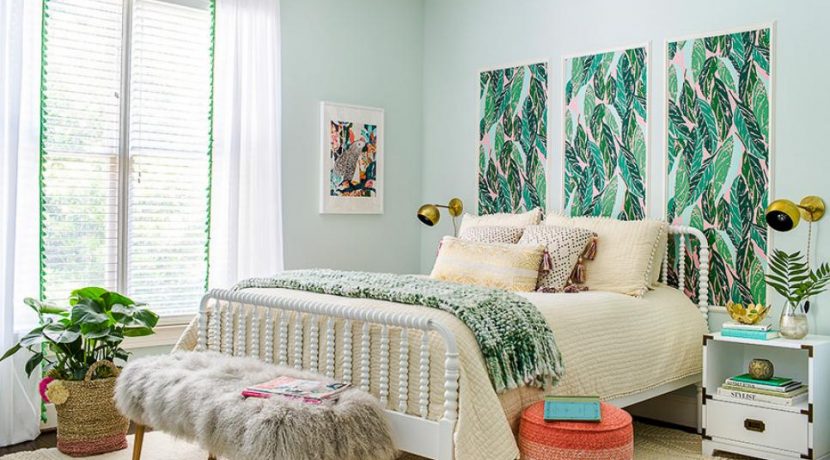Despite Dubai’s image as an expensive metropolis, prime properties in the city are among the most spacious and lowest-priced of comparable global hubs, almost 40 per cent cheaper than Singapore and 50 per cent less than in Moscow or Paris, according to the Global Comparisons report by Core Savills. As a result, one can buy Dubai property almost thrice the area for the same price compared with New York or London. In the emirate’s less-established ultra-prime sector, properties are four to 5.5 times bigger. For instance, $1 million (Dh3.67 million) can buy a generous 150 sq m of prime property in Dubai, compared to 90 sq m in Singapore, 78 sq m in Moscow, 52 sq m in London and 23 sq m in Hong Kong. In the ultra-prime segment, one can buy 83 sq m in Dubai, versus 66 sq m in Singapore, 20 sq m in Moscow and London and 8 sq m in Hong Kong.
In addition, property investment costs in Dubai are remarkably lower, amounting to just 8 per cent of the property price — comparable to Shanghai and Mumbai. In Hong Kong, it is nearly 32 per cent, while in Singapore and Tokyo it can reach 20 per cent.
Smaller newbuild
Lately, however, while ultra-prime properties are getting larger, new-build mid-market and prime properties are becoming smaller as developers tap in a market niche for more compact units.
“We’re seeing considerably smaller unit sizes as opposed to a few years ago; it’s a trend going forward,” Ivana Gazivoda Vucinic, head of valuations and advisory operations at Chestertons Middle East and North Africa, tells Property Weekly. “Developers sensed this demand from expats coming from different countries and are becoming more aware of what people want to buy.
“You’ll find a [new] one-bedroom apartment much smaller compared to most existing units. It will have better amenities and quality of finishing, but will be smaller.” Many of the upcoming one-bedroom units in Dubai are now around 560-600 sq ft, the size of a studio apartment a couple of years ago, while studio units are shrinking to about 400 sq ft, Vucinic adds. Nevertheless, these are more spacious than similar properties in Europe for instance.
“If you want to buy a two-bedroom apartment in Europe, you’re talking about 750-900 sq ft. In Dubai, you need to pay for 1,500 sq ft of space for the same unit,” Vucinic explains. While there are people who want to buy more bedrooms, not everyone is willing to pay for 1,500 sq ft of space, she says. Analysts see this as a positive move for the market. “It provides a broader offering for investors and end users,” Taimur Khan, senior analyst at Knight Frank, tells Property Weekly. “Affordable products such as these have been historically limited in Dubai.”
Bright outlook
Dubai will continue to strengthen its status as a global hub as it adopts a low tax system and the robust growth of key sectors. The domestic financial and business services sector, for example, grew 55.6 per cent in the last decade, with only Shanghai (114.3 per cent) outperforming the emirate, according to Knight Frank’s The Hub Report 2018.
Supportive real estate regulations have also come in place, which have helped safeguard investors and increase market confidence, says Sapna Jagtiani, credit analyst at S&P Global Ratings.
Continued investment inflows from global and regional investors may cause prices to stabilise, which in turn could marginally contract the gap in capital values with other cities and trigger a gradual yield compression, eventually making Dubai on par with other global hubs.
All rights reserved to the initial publisher for Gulf News
Collected and published by Arms &McGregor International Realty® editorial team. Get in touch with us at [email protected]

